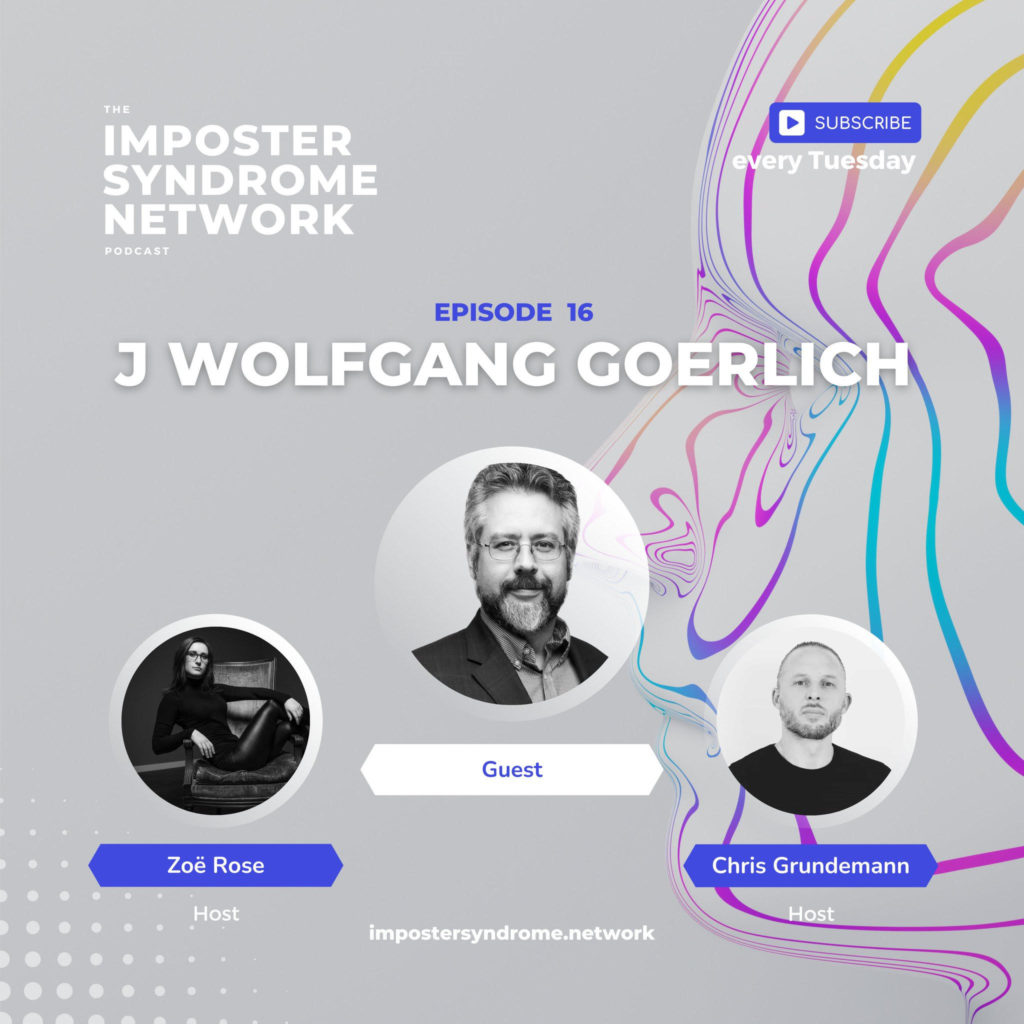I’m on the Imposter Syndrome Network with Zoe Rose and Chris Grundemann this week. I’m emphasizing trust and relationships in the imposter syndrome conversation. “If they trust you, you can have a degree of freedom to interact, explore, to get it right. But if they don’t, it doesn’t matter how good you are. They are going to doubt you.”
I also cover my imposter syndrome coaching framework: good imposter syndrome, bad imposter syndrome, and systemic imposter syndrome. The good is where you’re feeling the pressure to up your game, where you’re in a room with many brilliant people. The bad is where you let imposter syndrome prevent you from taking opportunities and when it gets in the way of you going into that room. Finally, there is the systemic challenges where the reason you feel like an imposter is because the culture, the people in the room, are actively making you feel like you don’t belong.
“It’s intrinsic, as leaders, to help people move towards good imposter syndrome and recognize and address systemic. If everyone on your team is being a jerk to a few coworkers, doesn’t matter how much you can tell them ‘be confident, you’re okay, you belong here.’ They’re not going to feel it, and it’s really on you as the manager to address that.”
This is my advice to leaders helping people through imposter syndrome. Understand which of the three — good, bad, systemic — and act accordingly. There is always a reason someone is feeling the way they do, and if it’s systemic, it’s on us to address it.

Have a listen here: https://www.buzzsprout.com/2016832/11567691
To see listen to other podcast interviews, click to view the Podcasts page or the Podcasts category.
